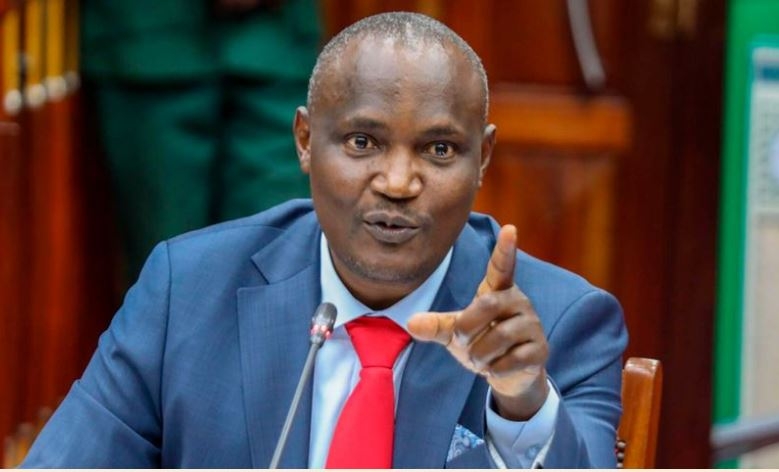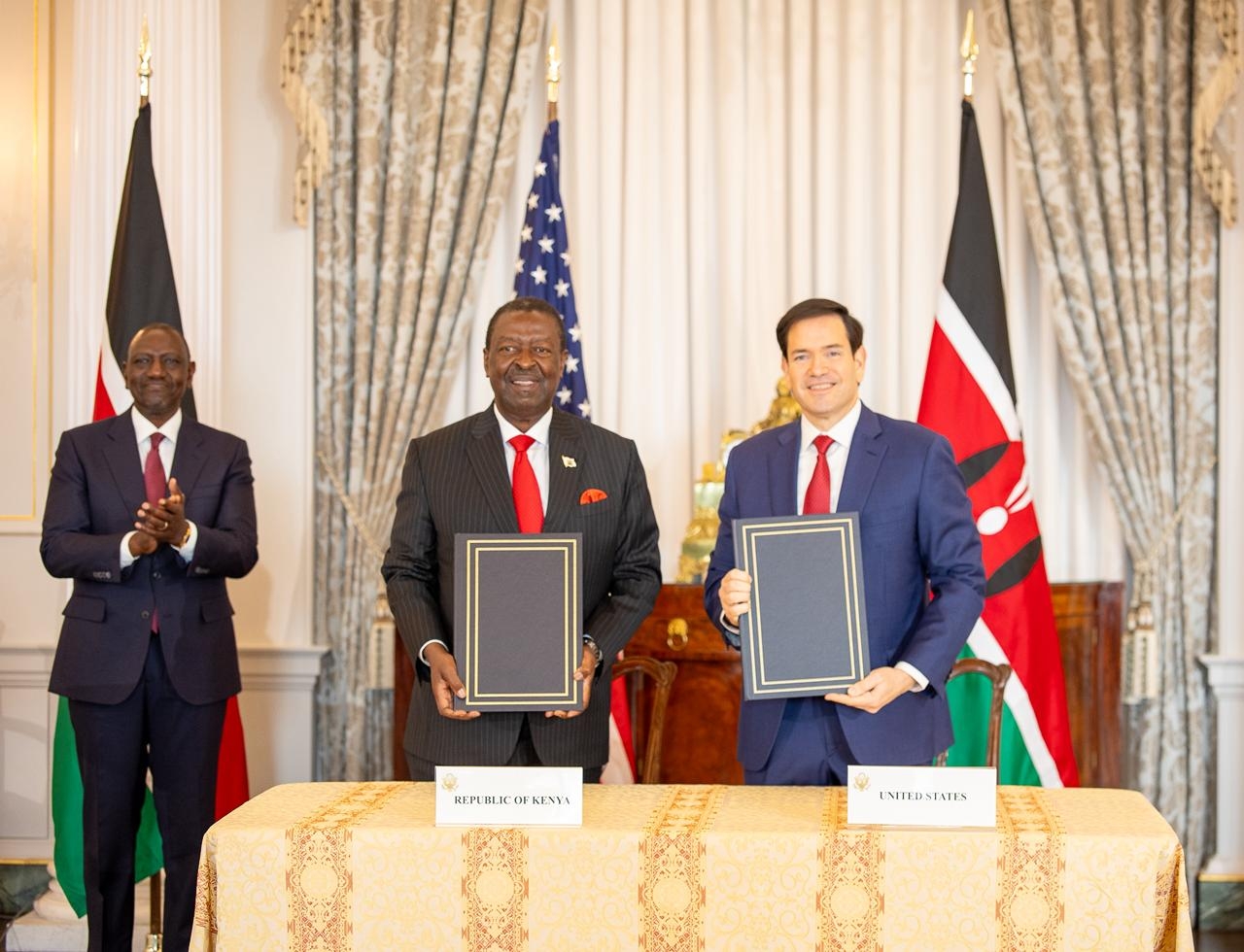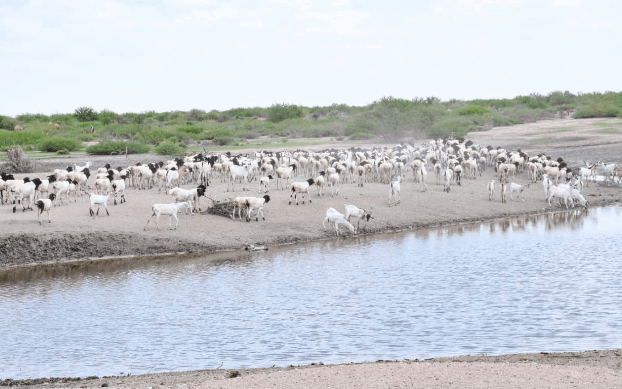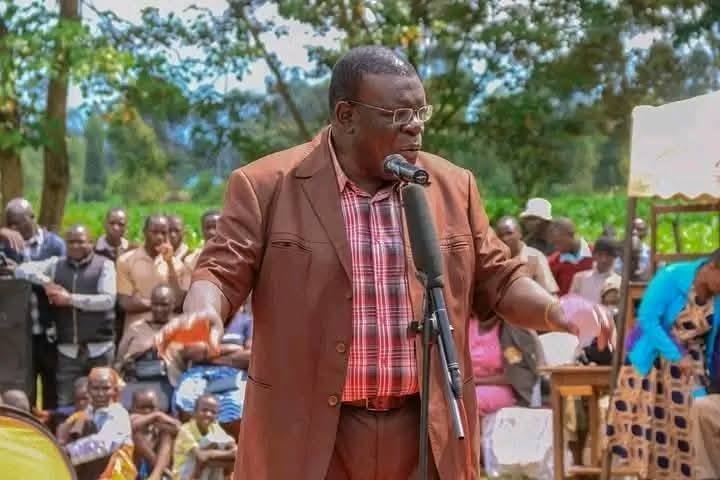Compliance in procurement is extremely low, exposing close to Sh1.2 trillion to corruption sharks, the Public Procurement Regulatory Authority has said.
PPRA chair Jimmy Kahindi on Tuesday said this may be due to poor capacity of procurement officers in the public sector.
“When you look at the cases that come before the anti-corruption court, 90 per cent of those cases emanate from issues of procurement,” Kahindi said.
“We have reached a level where the level of compliance is extremely low both at the national government and the county government.”
He spoke in Mombasa during a gathering of institutions responsible for governing the procurement and supply chain management in the country.
Kahindi said the authority, through the capacity development levy which was approved by the government, is working to ensure stakeholders are trained and adhere to the rules and regulations provided.
About 10 per cent (Sh1.2 trillion) of the country’s GDP, which is Sh64 trillion, is spent on procurement.
“That is to tell you that there is need for the procurement entities especially in the public sector to be transparent and that is what every Kenyan has been looking forward to,” Kahindi said.
Some sections of the Public Procurement and Asset Disposal Act have never been enforced, hence procurement entities breach the regulations but nothing is done.
The authority will take drastic measures to ensure increased compliance.
PPRA will for the first time enforce section 52 (1) of the Procurement Act, which gives power to the director general to take away procurement functions from one entity and hand them over to another.
“However, we are not saying that is exactly what we wish to do because then it brings a lot of inconvenience,” Kahindi said.
This will only happen where massive procurement irregularities have been flagged.
He said the authority's mandate is to ensure the public knows how their money is spent.
Instances of low compliance may be inaccurately interpreted to mean there is a lot of corruption and procurement officers should make use of the Public Procurement Information Portal.
Kahindi urged the officers to make use of the portal, which was relaunched and made easier to use and interact with.
“It is the only way that you can bring out transparency to the public,” the PPRA chair said.
John Karani, the Kenya Institute of Supplies Management chair, said continuous development and capacity building is needed to ensure procurement runs smoothly and above board.
“As we continuously grow supply chain professionalism across Kenya, we anticipate that there should be over 50,000 of us. But so far, we have a registration of 23,000,” he said.
“We are so used to quacks in the medical sector but there are also quacks in procurement.”
Karani acknowledged that the supply chain affects everything else and apart from technical competence, there is need for soft skills, mental and political agility to navigate the Vuca environment.
Vuca is an acronym for volatility, uncertainty, complexity and ambiguity.
Navigating the environment, which has caused turbulence in the supply chain, poses challenges.
The KISM chair said they are in the process of rolling out recognition of prior learning, to ensure procurement officers are certified.
“We found out that there are so many of our professionals who are doing procurement work out experience. They don’t have the requisite academic qualifications to make sure they are bonafide members,” he said.
A Kenya College of Supply Chain has been established to enhance the marketability of members.
“We are devolving our services to the county level, working with the Council of Governors to ensure that we entrench professionalism and value for money at the county level. We have not been there before,” Karani said.
Public Procurement Administrative Review Board chair George Murugu noted there has been a decrease in cases brought before the agency.
The board deals with dispute resolution.
This proves that the regular meetings held between the heads of procurement and supply chain management are bearing fruit.
“We hope to see a further steady decline of the matters that come before the board,” he said.
Murugu said they had 163 matters before the board in 2021, but this has reduced to 153 in the current fiscal year.
The review board supports the sensitisation of procurement ecosystem players for better professional engagement.
He said common procurement mistakes bedevil the delivery of procurement processes that meet the citizens’ expectations.
The Kenya Institute of Supplies Examination Board issues licences to accredited organisations that offer procurement training.
It is also mandated to examine and certify trainees.
Chair Amos Ochieng said they constantly review the curriculum.
“This is to ensure that we live with the realities of our times. These are turbulent times and as we sit here now, we are also taking notes so that as we review our curriculum, we review it taking note of the current challenges,” Ochieng said.

















